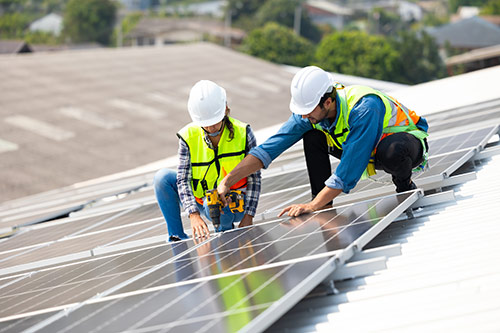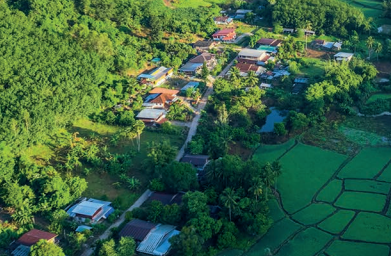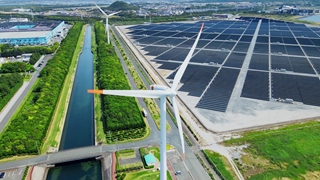
Clean energy investment
Bridging the clean energy investment gap: Cost of capital in the transition to net-zero emissions
The rapid and deep emissions reductions needed to keep global warming to 1.5°C rely critically on an immense scaling-up of investment in clean energy technologies. The cost of capital plays a key role in determining investment decisions and, when elevated, can pose a significant barrier to accelerated climate action. The high capital expenditure needs of clean energy technologies make them more vulnerable to changes in the cost of capital than fossil fuel alternatives. This paper provides an overview of the cost of capital as a barrier to clean energy investment and depicts the key risk factors that determine the cost of capital for specific investments. It shows how, particularly in developing countries and for new and emerging technologies, a high cost of capital can significantly stifle investment, and calls on governments to implement better risk sharing mechanisms to overcome this barrier.
Click here














